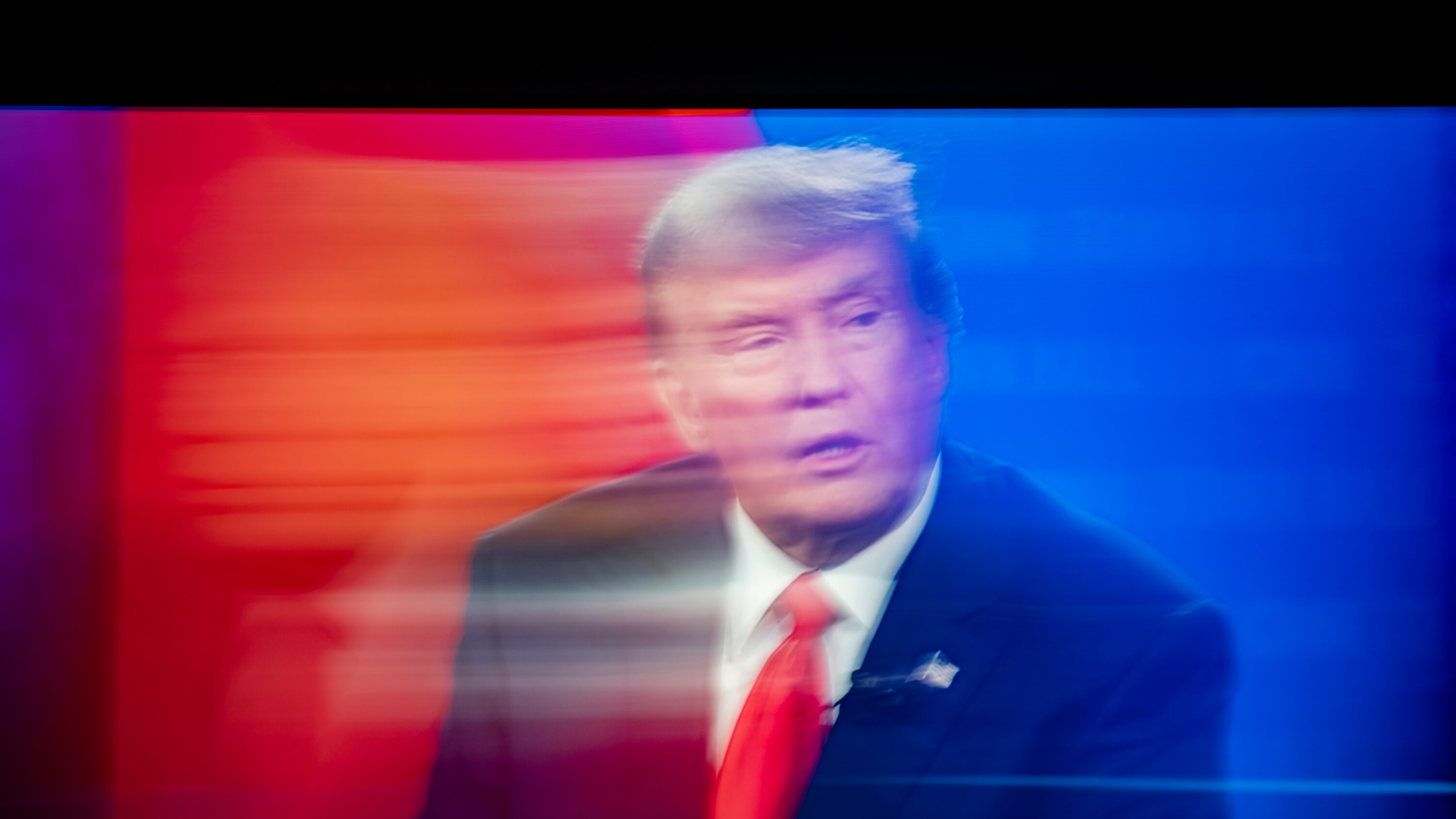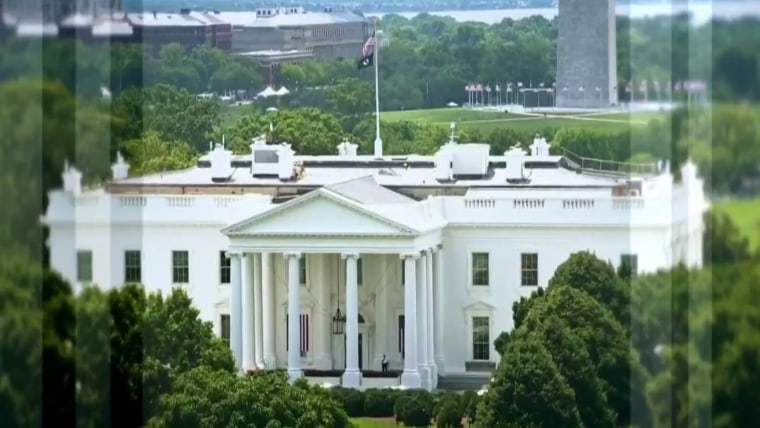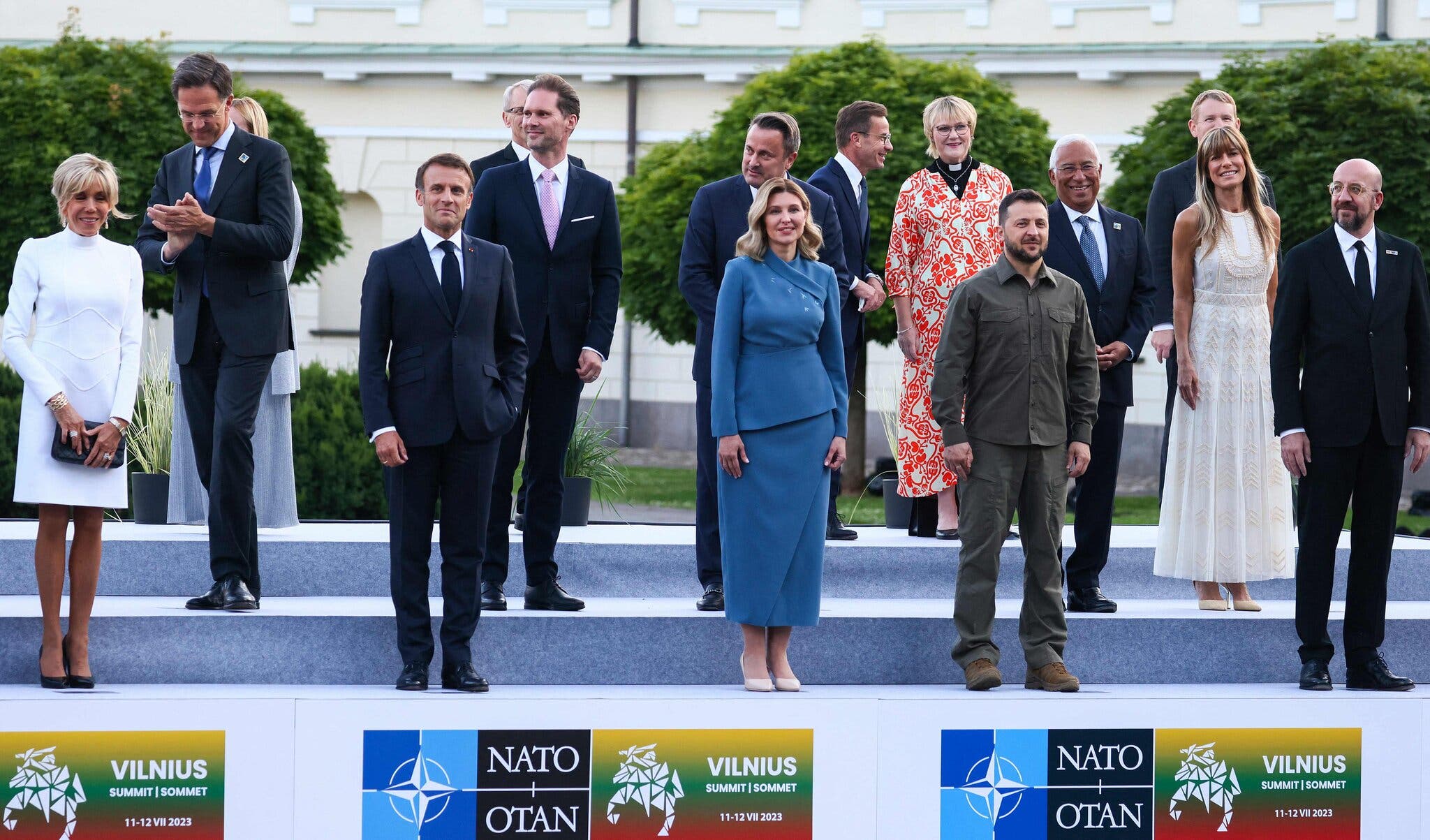Is Ukraine's NATO Aspiration Doomed? Trump's Perspective

Table of Contents
Ukraine's ambition to join NATO hangs precariously in the balance, complicated by the outspoken views of former US President Donald Trump. Will this aspiration ever become reality? This article analyzes "Ukraine's NATO aspiration" and examines how former President Trump's perspective significantly influenced, and continues to influence, the debate surrounding Ukraine's potential membership in the North Atlantic Treaty Organization. We will explore the geopolitical implications of his stance and assess its lasting impact on Ukraine's future security.
<h2>Trump's Stance on Ukraine's NATO Membership</h2>
<h3>Public Statements and Actions</h3>
Trump's public pronouncements regarding Ukraine's NATO aspirations were often inconsistent and at times, contradictory. While he occasionally expressed support for Ukraine's sovereignty, his actions and rhetoric often undermined its NATO ambitions.
- Pro-Ukraine Statements: While not explicitly endorsing NATO membership, Trump at times acknowledged the threat posed by Russia to Ukraine's territorial integrity.
- Anti-NATO Membership Statements: However, he frequently questioned the value of NATO, suggesting that the alliance was obsolete or unfair to the United States. He also voiced skepticism about Ukraine's readiness to meet NATO's standards. For example, he reportedly questioned the financial burden of Ukraine’s inclusion in the alliance and the potential for conflict escalation with Russia.
- Actions (or lack thereof): During his presidency, Trump's administration did not take concrete steps to advance Ukraine's NATO membership. This lack of action contrasted sharply with the consistent support expressed by previous administrations. News articles from outlets such as the New York Times and The Washington Post extensively documented this hesitancy.
<h3>Underlying Reasons for Trump's Position</h3>
Trump's skepticism towards Ukraine's NATO membership stemmed from several potential factors:
- Concerns about Burden-Sharing: Trump repeatedly criticized NATO allies for not meeting their financial commitments. This perspective could have influenced his reluctance to expand NATO's membership and potentially increase the financial burden on the US.
- Questioning Ukraine's Readiness: He often raised concerns about Ukraine's internal political and economic stability, questioning its preparedness to meet NATO's rigorous membership standards.
- Prioritizing Relations with Russia: Some analysts suggest that Trump's desire to improve relations with Russia played a role in his reluctance to support Ukraine's NATO bid, viewing it as a potential point of contention with Moscow. This interpretation requires careful consideration and relies heavily on analyzing his public pronouncements alongside geopolitical context.
<h3>Comparison with Other US Presidents’ Views</h3>
Trump's approach differed markedly from that of previous US administrations.
- Obama Administration: The Obama administration, while cautious, generally supported Ukraine's Euro-Atlantic aspirations, including its eventual NATO membership.
- Bush Administration: The Bush administration similarly expressed support for Ukraine's integration into Euro-Atlantic structures.
- Clinton Administration: Even before the Maidan Revolution, the Clinton administration voiced support for Ukraine's aspirations to integrate with Western institutions, including NATO.
These contrasting stances highlight the significant shift in US policy toward Ukraine under the Trump administration.
<h2>Geopolitical Implications of Trump's Perspective</h2>
<h3>Impact on NATO's Unity</h3>
Trump's wavering support for NATO, and specifically for Ukraine's aspiration to join, significantly challenged the alliance's unity and its decision-making processes.
- Internal Disagreements: His pronouncements and actions caused friction among NATO members, with some expressing concern about his commitment to collective defense.
- Weakened Alliance Cohesion: His repeated questioning of NATO's value undermined the alliance's credibility and its ability to present a united front against Russia.
<h3>Influence on Russia's Actions</h3>
Trump's stance, interpreted by some as pro-Russia, potentially emboldened the Kremlin's aggressive actions in Ukraine.
- Increased Russian Assertiveness: The perception of a less committed US under Trump's leadership might have encouraged Russia to escalate its military activities and disinformation campaigns.
- Strategic Calculations: Russia might have recalculated its strategic risks, anticipating a less forceful US response to its actions in Ukraine due to the perceived lack of commitment from the Trump administration.
<h3>Consequences for Ukraine's Security</h3>
Trump's perspective had significant implications for Ukraine's security:
- Increased Vulnerability: The lack of clear US support under Trump potentially increased Ukraine's vulnerability to Russian aggression.
- Decreased International Support: Trump's ambiguous stance might have discouraged other NATO members from providing unequivocal support to Ukraine.
- Impact on Military Aid: While military aid continued, the uncertainty surrounding US support potentially hampered Ukraine's ability to secure the necessary resources for its defense.
<h2>Arguments For and Against Ukraine's NATO Membership</h2>
<h3>Pro-NATO Arguments</h3>
Arguments supporting Ukraine's NATO membership center on:
- Enhanced Security: NATO membership would provide Ukraine with a strong security guarantee against Russian aggression, under the principle of collective defense.
- Deterrence Against Russian Aggression: NATO membership would act as a deterrent against further Russian expansionist policies.
- Democratic Values Alignment: Ukraine's alignment with democratic values makes it a natural fit for the NATO alliance.
<h3>Anti-NATO Arguments</h3>
Counterarguments against Ukraine's NATO membership include:
- Potential Escalation of Conflict with Russia: Including Ukraine in NATO could provoke a direct military confrontation between Russia and NATO.
- Burden on NATO Resources: Ukraine's integration would require significant financial and military resources from NATO members.
- Ukraine's Internal Challenges: Concerns remain regarding Ukraine's internal political and economic stability and its ability to meet NATO's membership criteria.
<h2>Conclusion: Is Ukraine's NATO Aspiration Doomed? Trump's Legacy</h2>
Trump's presidency significantly impacted the discussion surrounding "Ukraine's NATO aspiration." His ambivalent stance, driven by potential concerns about burden-sharing, doubts about Ukraine's readiness, and a perceived desire for improved relations with Russia, created considerable uncertainty and challenged NATO's unity. While arguments for Ukraine's membership—enhanced security and alignment with democratic values—remain compelling, counterarguments about potential conflict escalation and resource burdens persist. The likelihood of Ukraine's NATO membership remains uncertain, dependent on evolving geopolitical circumstances and the continued commitment of NATO allies. Understanding Trump's legacy on Ukraine's NATO aspiration is vital for informed discussions about the future of the region. Continue your research and contribute to a deeper understanding of this complex topic.

Featured Posts
-
 Secret Service Closes Investigation Into White House Cocaine Discovery
Apr 26, 2025
Secret Service Closes Investigation Into White House Cocaine Discovery
Apr 26, 2025 -
 The Karen Read Trials Key Dates And Events
Apr 26, 2025
The Karen Read Trials Key Dates And Events
Apr 26, 2025 -
 Ukraines Nato Bid Trumps Skepticism And Its Implications
Apr 26, 2025
Ukraines Nato Bid Trumps Skepticism And Its Implications
Apr 26, 2025 -
 Resumption Of Construction Worlds Tallest Abandoned Skyscraper
Apr 26, 2025
Resumption Of Construction Worlds Tallest Abandoned Skyscraper
Apr 26, 2025 -
 Nfl Draft 2024 First Round Kicks Off In Green Bay
Apr 26, 2025
Nfl Draft 2024 First Round Kicks Off In Green Bay
Apr 26, 2025
